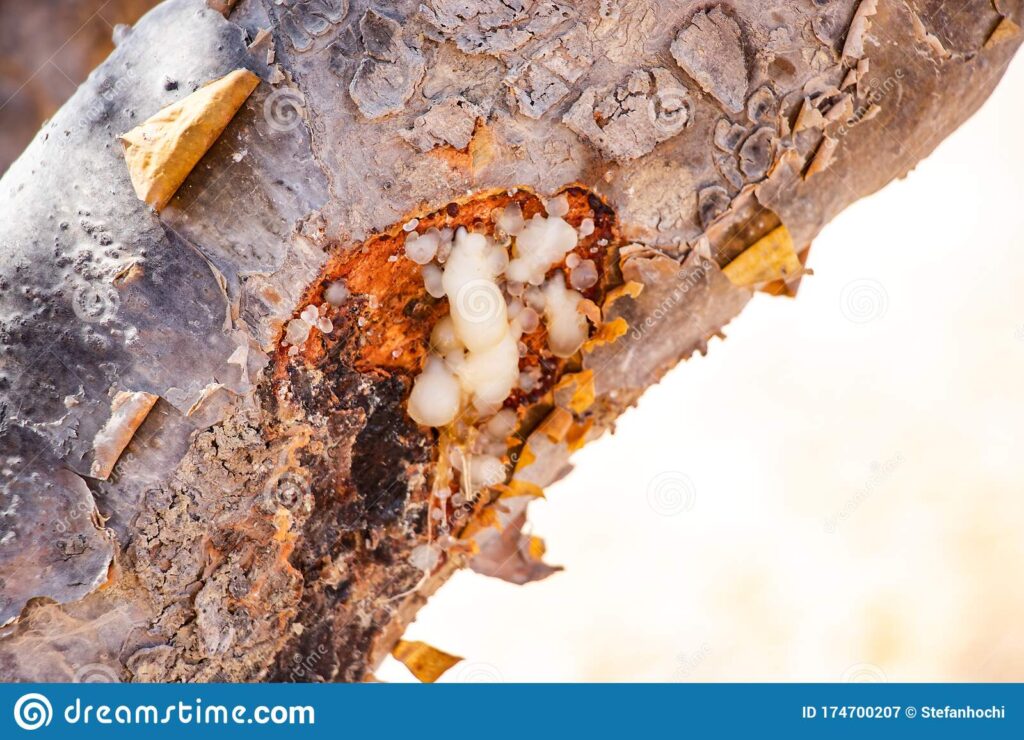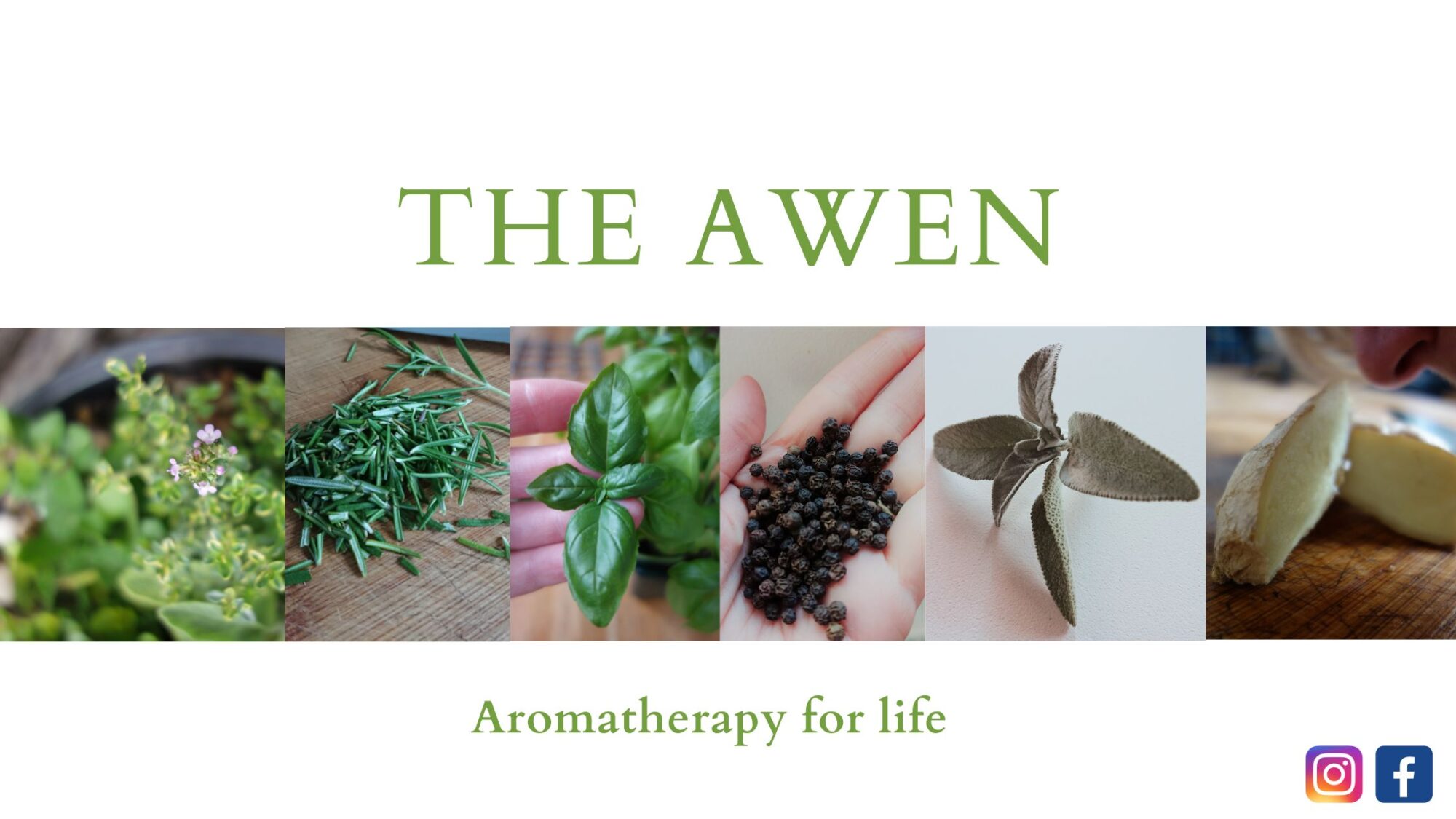
Why is Frankincense (Boswellia sacra) significant and given as a gift to Jesus in recognition of his Divinity? The reason is that in ancient times Frankincense was just as expensive as gold in terms of weight and is mentioned 22 times in the Bible.
Yet Frankincense is also rich in terms of its healing and therapeutic qualities. The essential oil comes from the dried and distilled resin of the Boswellia tree, grown in Somalia, Ethiopia, the Red Sea and Lebanon. It is extracted by tapping the bark, where the sticky resin exudes and forms ‘tears’ that harden. These ‘tears’ naturally protect the tree from infection and repairs damage and disease and we use it in the same way, to protect and repair our bodies and minds.
Traditionally Frankincense was used as incense in churches and for meditation. It is a balancing oil, calming and sedative, slowing the pace of, and deepening, the breath making it a comforting oil when stressed and anxious. However, it can also be energising as according to the Greek philosopher Pythagoras, Frankincense heightened his senses and awareness, enabling him to prophesise. Culpepper suggested it helped with depression and poor memory, helping strengthen the nervous system. It has a lemony, warm woody aroma which can sometimes be spicy and musky making Frankincense a dynamic oil – both relaxing and stimulating. When Frankincense is burned it produces phenol which is highly antiseptic, historically believed to banish evil spirits from sick rooms. Being rich in monoterpenes it helps clear mucus and catarrh making it expectorant so good for asthma, coughs, bronchitis and laryngitis – perfect for these winter months where our immune systems are low and susceptible.
Frankincense is also a lovely oil for the skin, particularly mature skin, balancing oily skin, it is anti-inflammatory, healing scars, wounds and sores – similar to how the resin ‘tears’ repair damage to wounds of the tree, we can use the oil to repair damage to human skin. It blends beautifully with Myrrh but also any citrus oil such as Bergamot, orange, lemon, and floral oils like Rose, Geranium, Lavender and Jasmine.
This is an oil gifted by kings given to a future king – if you believe in the Christmas story yet it’s healing, meditative power is far reaching both historically and cross culturally making it a magical oil producing perfect harmony, balance and calm.
Avoid in pregnancy, unsuitable for children and those who are taking immunosuppressant medication.


